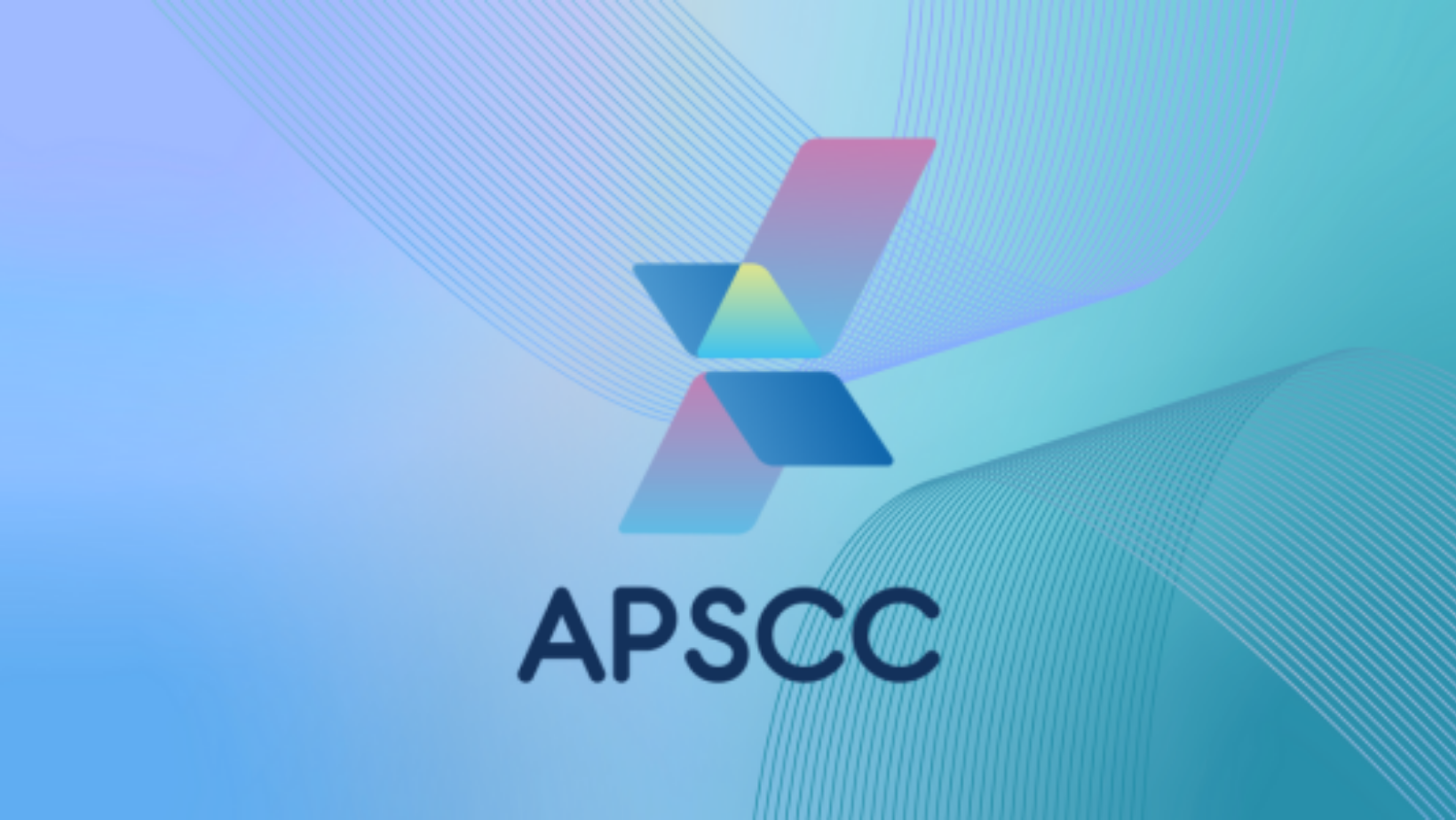High quality and modern education is one of the biggest challenges for Africa nowadays.
SatADSL, one of the most innovative players in the connectivity field in the continent, is working hard to make it possible everywhere.
Even the most remote and rural areas, where traditional terrestrial communication means are not available, can now make use of e-learning applications thanks to sophisticated yet proved technology developed by SatADSL.

SatADSL e-learning solution
The idea is as follows:
- The teachers set up their lessons from a studio located in the main city.
- The e-lesson is broadcasted, with video and audio, and spread out over the country to thousands of students located in remote schools that normally can’t access to Internet due to geographical difficulty.
The schools can access to these e-lessons and interact with the teachers in real time through a Chat Room in one of two ways...
At the studio
A teacher gives the lesson in front of a camera, and the video stream is sent to the server (at 768 Kbps) towards SatADSL Service Delivery Platform.
Further on, SatADSL brings the stream to the satellite Hub where it is uplinked and delivered to the schools thanks to the satellite multicasting technology
At the school
SatADSL sets up a small antenna (only 1 meter wide) at the school, allowing the classroom to receive the e-lessons and also to provide internet access to all the territory nearby.
Each school is equipped with a PC with educational content and interactive chat room, a media set (projector, screen, speakers), a camera and solar panels.
.png)
The solution
This solution accomplishes some key points of the e-learning process:
- High-Quality Video and Audio
- Real-time Interactivity
- Reliable Interconnection (SatADSL’s internet satellite system is available 99,5% of the year, even during heavy rain periods)
Internet access
In addition to the educational objectives with this solution each school can become and Internet Hotspot, giving satellite internet access to its surrounding area and neighbours.
This allows each school to develop a small business, like a cybercafé type of service, by selling Internet access through volume or time-based vouchers. This way, the schools can long-term finance the e-lessons platform.












.jpg)